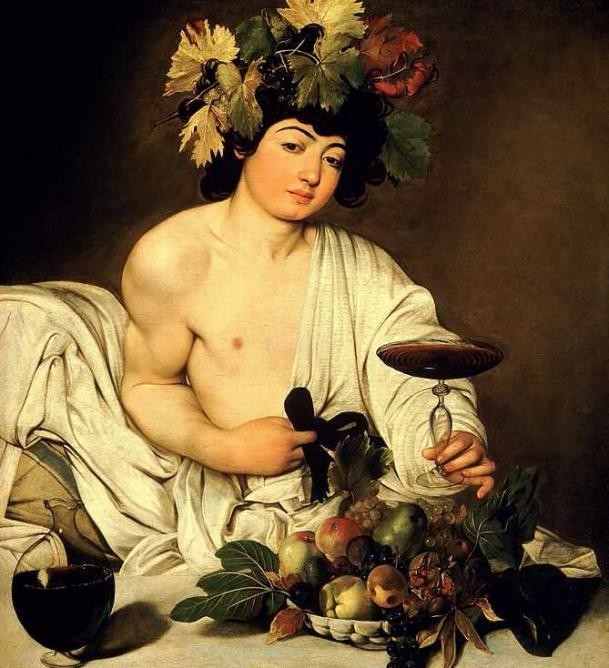
|
|
|
|
|
|
|
|
||||||||
Aspects of the personality: Dandyism
Philippe is a dandy ante litteram. The meticulous attention he gives to his appearance and to his gestures denotes a cult of beauty and of perfection. Philippe wants to be perfect and, like the dandy of some centuries later, he wants to make himself and his life a piece of art. And it's not just about appearing at court wearing luxurious clothes, a wig, and jewels: one must be perfect in every circumstance, even in those most seemingly antithetical to the formalism of elegance, such as in military campaigns, where Philippe opposes "the toils of war his chiseled armour and his lace cuffs”.
Philippe has a dark and enigmatic personality, hard to probe, in which three levels are recognized: one more superficial, that of the beautiful courtier with impeccable manners, obsessively focused on his look and on formal relationships; a deeper one, much in contrast with his appearance, in which Philippe shows his harshness and his violence; and one even more secret, known and understood only by few, not yet fully emerged at the time of the encounter with the protagonist. In the scene of the comedy Angélique senses that his glacial facade is a "disguise" behind which there must certainly be some "live warmth" somewhere. The protagonist will get to progressively know him, managing to understand him completely only shortly before his death.
It is still Ninon de Lanclos who describes him in the most exact and concise way: "When one knows him well, one perceives that he is much worse than he appears. But, when one knows him better, one perceives that he is much better than he appears. " And again: “He has none of the qualities which his beauty promises, not even the inclination to make himself loved. On the other hand, if you dig deep enough, he inspires esteem because he represents a rare specimen of an almost extinct race: he is the noble ‘par excellence’. He is in agony over questions of etiquette, he is afraid of having a mud stain on his silk stockings. But he is not afraid of death. And when he dies, he’ll be as lonely as a wolf and won’t ask for help from anyone. He belongs only to the King and to himself. "
To Angélique, who jokes about the medieval tortures to which she is afraid of being subjected, Philippe replies that he is going to choose other punishments because he hates to spoil her beauty ("I derive a certain taste from the beauty of your body"). Like dandies, Philippe does not love women, considering them too close to nature and defining them several times with metaphors drawn from the animal world. For the aesthete, nature and art are in antithesis. Another deep component of Philippe's character that is also found in the dandy is a "secret boredom." Philippe is absent-minded, sometimes probably only apparently, helped in this by his impenetrable glance, but other times Philippe is genuinely distracted, as if he were thinking of something else, or of nothing at all. |
We see him like this at the beginning of the blackmail scene: Angélique takes advantage of his inattention to hook him up and get accompanied by him in his carriage so as to be able to propose to him. At court it is known that Philippe is "as absent-minded as an old scholar" (says Mademoiselle de Parajonc). After the evil sarcasms following the rug scene, the marquis shows indifference, "possibly ignoring them."
Philippe has appeared bored since he was a boy, during his first visit to Monteloup. Boredom (of which distraction is often an outward symptom) is a key to understanding his personality and his world view: Philippe does not love life, he has not found many valid reasons to love it, so much so that he is not afraid to lose it. Philippe is bored with vices, which, for a long time now, no longer have given him pleasure, he is a disillusioned libertine. He is bored by his fellow beings, by women, whom he despises, but also by men, whose pettiness and often stupidity he sees well. The human comedy does not amuse him, he also participates in it, of course, playing his role with the utmost diligence, but without enthusiasm. He was deceived and disappointed from his earliest age; little loved or badly loved by his parents, he has always known a world of greed and selfishness. He has some affections (for example for the Prince of Condé) and a few values as landmarks: the honour (of his father, for example) and, above all, his absolute loyalty to the King. Only one thing seems to thrill him and make him feel alive: war. But isn't war a constant risk of losing one's life? A life Philippe does not care much about, a life of which he does not see the meaning. Meeting Angélique, Philippe encounters love and existential boredom dissolves. But he will no longer be able to go back. « Back to the Philippe du Plessis-Bellière: Part I |
